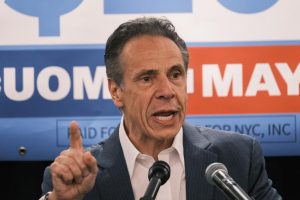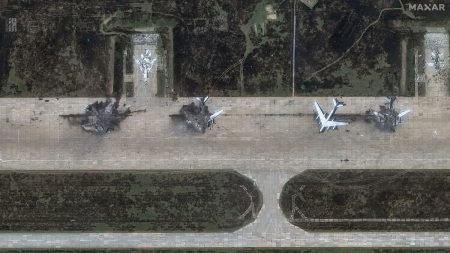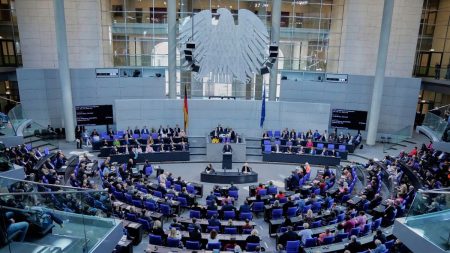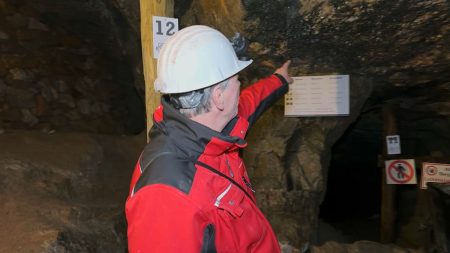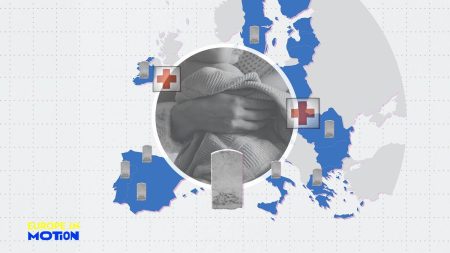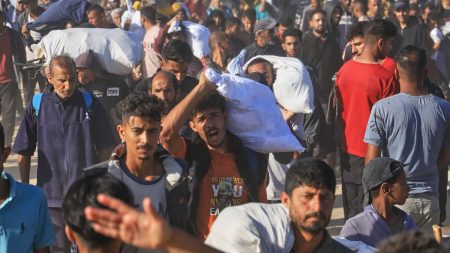Parliamentary intergroups, informal gatherings of Members of the European Parliament (MEPs) from various political factions, serve as a barometer of the EU’s evolving priorities. These groups, distinct from the more social “friendship groups,” are officially recognized by the Parliament and reconstituted at the start of each legislative term. They offer a platform for MEPs to delve into specific policy areas, often collaborating with civil society organizations. The current, tenth legislative term, witnesses the formation of 28 intergroups, mirroring the diverse interests of the newly elected MEPs. While some intergroups boast a long history, others emerge to address contemporary challenges, reflecting the dynamic nature of European politics. The formation and dissolution of these groups provide insights into the shifting focus of the European Parliament.
The evolution of the LGBTQ+ intergroup exemplifies the Parliament’s growing inclusivity. Initially focused solely on lesbian and gay issues, the group progressively expanded its scope to encompass bisexual, transgender, and, most recently, intersex individuals, culminating in the current LGBTQ+ designation. This symbolic “+” signifies the group’s commitment to representing all members of the LGBTQ+ community. Other long-standing intergroups, with names like SEARICA (Seas, Rivers, Islands, and Coastal Areas) and ARDI (Anti-Racism and Diversity), demonstrate sustained interest in specific policy domains. However, not all historical groups endure. The RUMRA intergroup, dedicated to rural, mountainous, and remote areas, did not secure sufficient support for renewal in the current term, highlighting the competitive landscape of intergroup formation.
The emergence of new intergroups often reflects the anticipated policy priorities of the legislative term. For instance, the establishment of the “Attracting Investment to Ensure a Competitive and Sustainable EU” intergroup underscores the emphasis on economic competitiveness within the EU’s agenda. Other new groups, such as the “Police” intergroup, leave more room for interpretation regarding their specific focus. Will this group address police violence, advocate for enhanced law enforcement protection, or perhaps, serve as a fan club for the iconic rock band? Time will tell. The creation of a dedicated mental health intergroup signifies the growing recognition of mental well-being in policy discussions, while the “Resilience, disaster management, and civil protection” intergroup addresses the increasing need for preparedness in the face of evolving threats.
The lifespan of an intergroup can vary dramatically. Some, like the “Sky and Space” and “Welfare and Conservation” intergroups, have enjoyed decades of continuous operation. Others, however, experience a more fleeting existence. The Green Deal intergroup, active during the previous mandate, was discontinued in the current term, perhaps a victim of its own success or simply a lack of continued interest. Similarly, the “Media” and “New Media” intergroups from the eighth legislative term vanished as quickly as a trending tweet, demonstrating the ephemeral nature of some of these informal groupings. The “Family, children’s rights, and bioethics” intergroup also struggled to maintain momentum beyond a single term, suggesting that these issues, while important, may not have garnered sustained interest within the Parliament.
Geopolitical shifts also influence the formation and dissolution of intergroups. The Tibet intergroup, active for a decade, ceased operations in 2014. Similarly, the Western Sahara group, also active for a decade, has now been dissolved. These changes often reflect evolving political dynamics and priorities both within the European Parliament and on the global stage. The emergence of a new intergroup focused on the “Two-State Solution for Israel and Palestine” underscores the Parliament’s ongoing engagement with complex geopolitical issues and its responsiveness to changing international circumstances. The creation and dissolution of geopolitically focused intergroups provide a valuable lens through which to observe the EU’s evolving foreign policy priorities.
In essence, parliamentary intergroups offer a dynamic and insightful glimpse into the ever-shifting landscape of European politics. Their formations, evolutions, and occasional disbandments reflect the changing priorities, emerging challenges, and enduring interests of the European Parliament. These informal gatherings provide a platform for MEPs to collaborate, exchange ideas, and engage with civil society on a wide range of issues, ultimately shaping the direction of European policy. The fluidity of intergroup membership and focus underscores the responsiveness of the European Parliament to a dynamic world, making them a crucial element of the EU’s democratic process.

